Studies showing significant benefits of Respiratory Muscle Training (RMT) for people with COPD.
Below are direct screenshots of 3 published studies on the use of Respiratory Muscle Training in people with COPD. Please note, the text from the each study's conclusion is pasted word-for-word underneath the screenshot for ease of reading for those using a mobile device.
![]()
![]()
![]()


Conclusion: The study confirms the long-term benefits of RMT in COPD management by significantly improving respiratory metrics and HRQoL, underscoring its value as an integral component of comprehensive rehabilitation programs.
![]()
![]()
![]()


Conclusions and clinical implications
Like other skeletal muscles, respiratory muscles undergo adaptation in response to stimuli overload during exercise training in stable COPD patients, thus resulting in significant increases of strength and endurance and in a clinically significant change of dyspnea sensation at rest and during exercise. Three types of RMT have been reported, (resistive training, pressure threshold loading, and normocapnic hyperpnea) with no data, at present, to support one method over the other.

Clinical Context and Key Findings
-
Home-based COPD management, as provided by certified home-health providers, represents a cornerstone of patient care.
-
Respiratory muscle training (RMT) reduces symptoms of COPD and improves underlying respiratory muscle weakness, and may be a beneficial adjunct of standard of care treatment plans.
-
This 4 Week pilot study shows that RMT in combination with a standard of care home-based COPD management program can improve pulmonary and speech functions.








